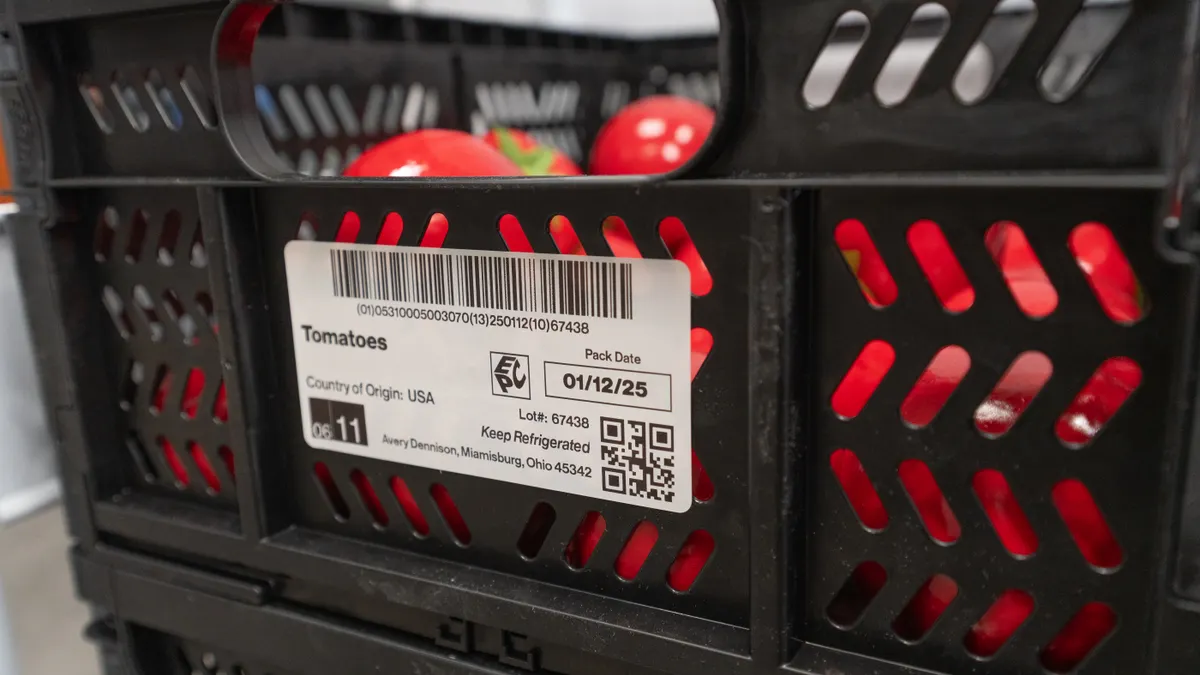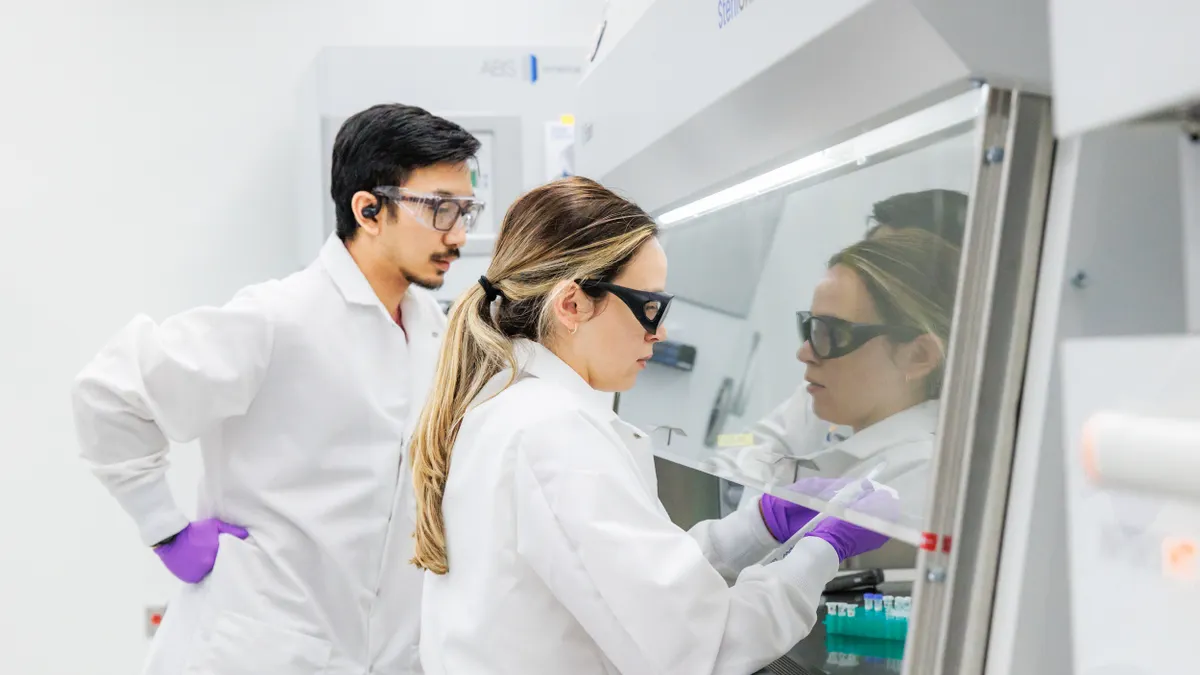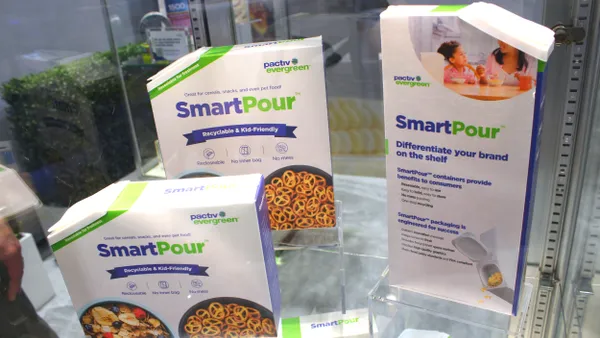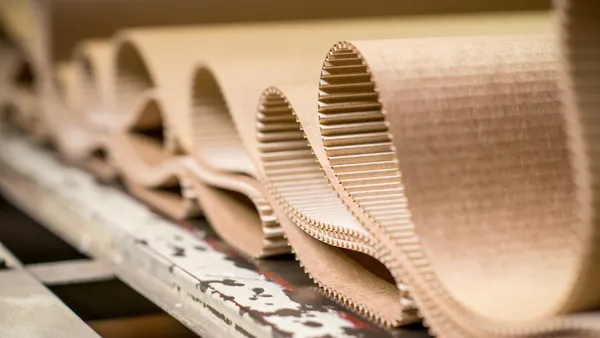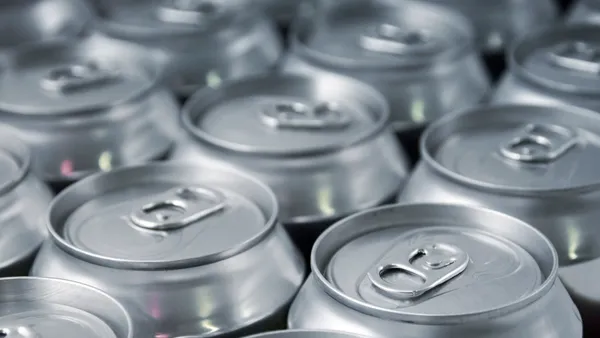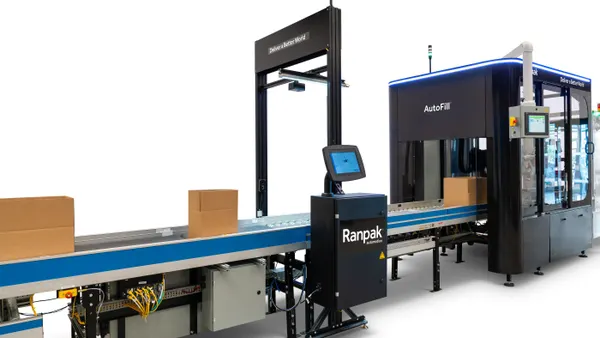- Economic outlook: During the call on Thursday covering DS Smith’s fiscal year that ended April 30, executives detailed how lower-than-expected box volumes dragged down the company's overall positive results, although total revenues were still up 14%. There is “less external paper being sold, although there's a corresponding benefit on the cost side as less is being purchased,” said Chief Finance Director Adrian Marsh in what was his final presentation prior to retirement; Richard Pike, who comes from British waste management company Biffa, will take over the role.
- Destocking outlook: Executives anticipate that the weak corrugated volumes are a short-term trend. About half the decline in the second half of the fiscal year was the result of destocking, according to CEO Miles Roberts. He said the company is seeing “very early signs that the destocking is certainly starting to improve, and we are expecting to see that trend continue.” Other global packaging companies, including Greif, also reported fewer residual destocking effects in recent months.
- Rebalancing investments: Roberts said the company's “relentless focus on cost” continued during the last year as it increased investments in automation and energy efficiency while eliminating low-performing assets. It closed mills in Bulgaria and in the U.K. and completed the sale of the De Hoop paperboard mill in the Netherlands to De Jong Packaging. Stora Enso took over the latter mill last year when it purchased De Jong, and it announced this month the facility's closure as part of a restructuring strategy. Meanwhile, newly opened box plants are delivering on DS Smith’s expectations and “have efficiencies far in excess of what we've been able to achieve historically,” about 75% ahead of comparable older plants, Roberts said. He said DS Smith also has invested in sustainability and carbon footprint reduction strategies, resulting in a 10% emissions reduction over the previous year.
- Innovation focus: Innovation is one of the company’s key investment areas, executives said, highlighting a newly opened innovation center in the U.K. and hiring of 40 specialists. This has resulted in a higher rate of new product launches than in previous years, and “these launches attract a much higher level of value add,” Roberts said.
- Plastic replacement: Helping customers replace plastic products with fiber is one of the leading innovation areas this fiscal year, accounting for more than 100 million pounds in revenue. “We've seen a good acceleration in the take-up of our products from customers who remain committed to eliminating the use of plastic packaging wherever possible. ... We don't have plastic anywhere in our portfolio,” Roberts said. Some new products include barrier technologies and lighter, higher-performance paper, while R&D continues on boxes made from alternative materials such as straw, seaweed and flowers.
- Looking ahead: Capital expenditures are expected to remain at 500 million pounds, and executives expect a dip in working capital. The “trading environment continues to be volatile” with fragile demand and consumer purchasing, Roberts said, “but we do expect to see an improving trend in volumes.”

DS Smith anticipates improved box volumes following dip that dragged down financial results
The U.K.-based packaging company is investing heavily in innovation, especially to help customers replace plastic products with fiber.




